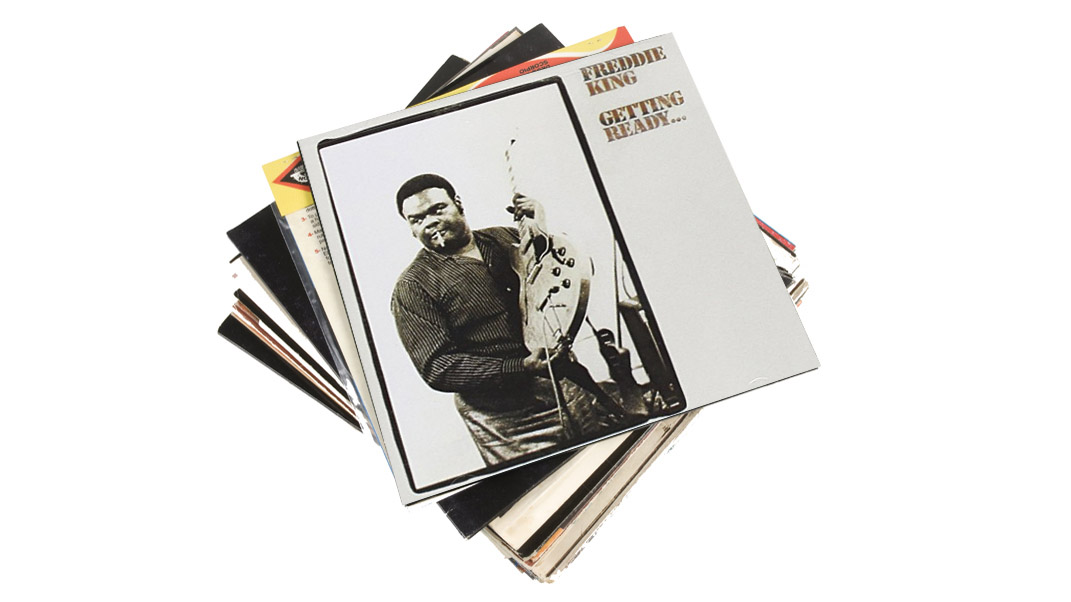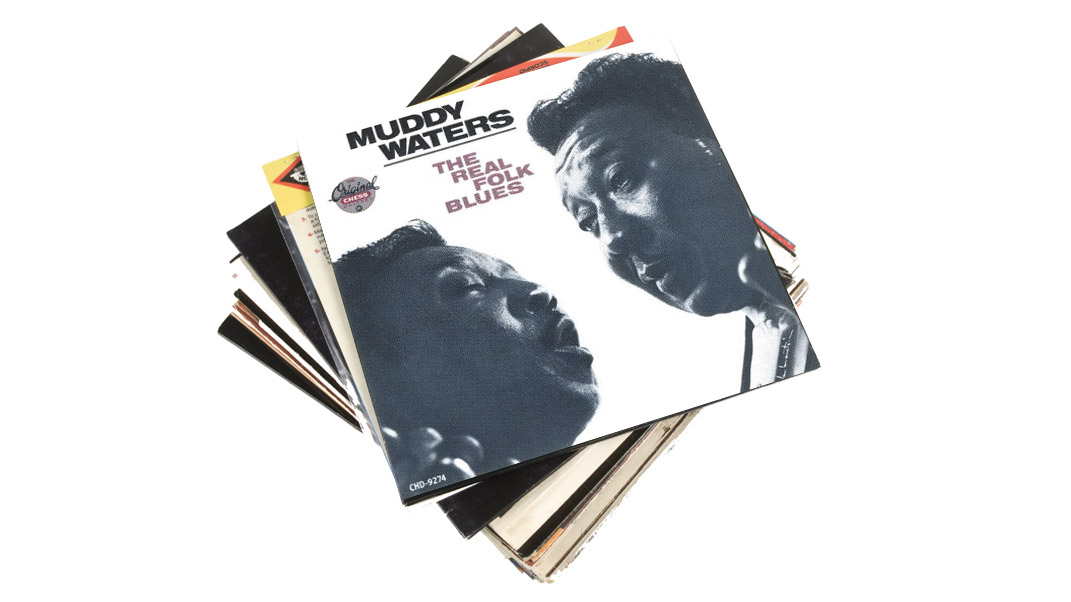Walter Trout picks 10 essential blues albums
Returning blues guitar titan talks life-changing records
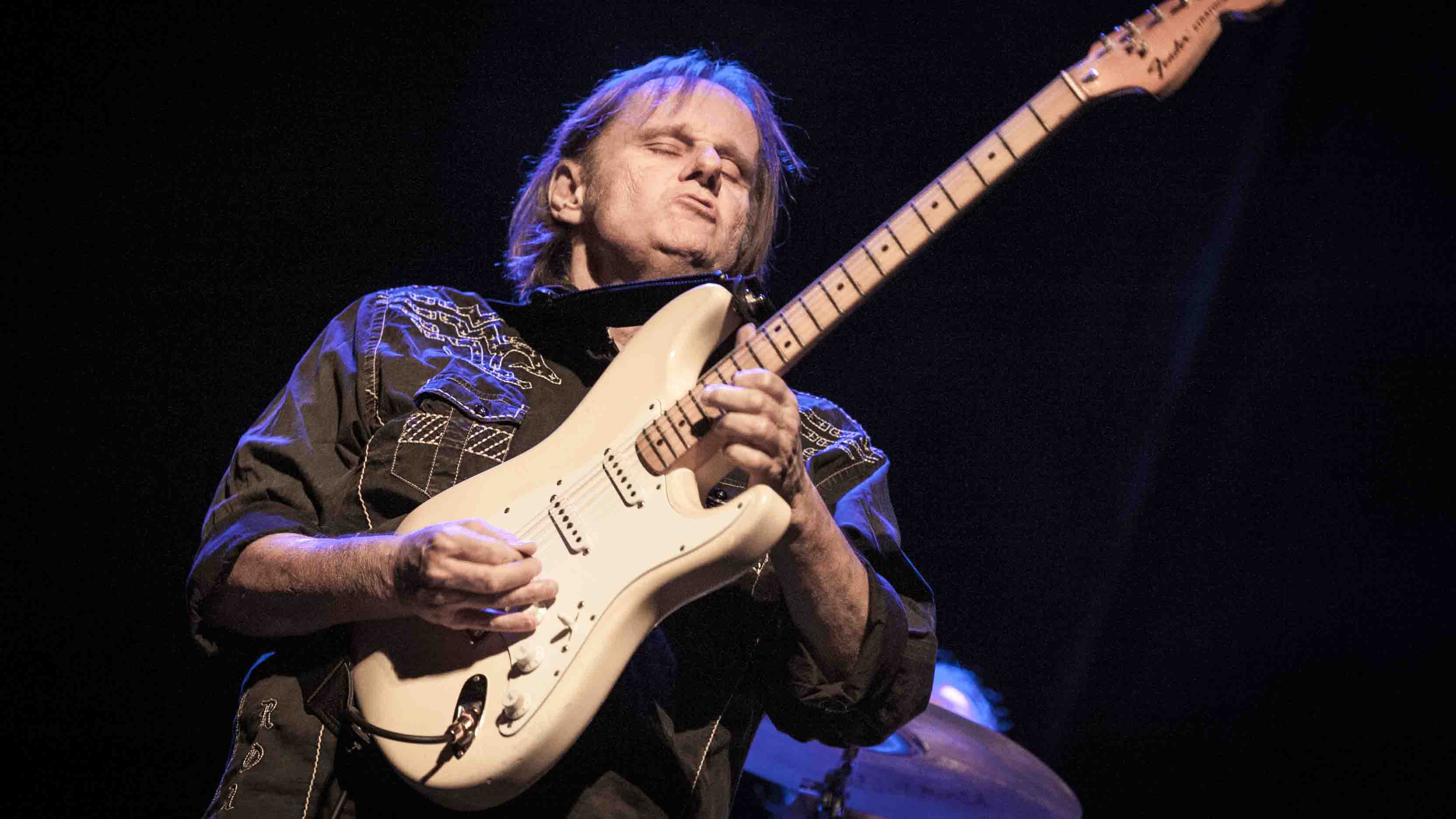
Alive and kicking
Three years ago, things didn't look good for bluesman Walter Trout. During a tour of Germany, the guitarist learned he was suffering from life-threatening liver failure, to the point where he needed a transplant within 90 days in order to survive.
After an appeal for donations in early 2014, Trout underwent the operation, regained his strength and produced 2015's deeply personal Battle Scars. Now, he follows it up with Alive In Amsterdam, an incendiary set that proves he's lost none of the fire he's wielded with the likes of John Mayall and Canned Heat over his four-decade-plus career.
Here, the guitarist shares the 10 albums that shaped his playing and blew his mind - there are lessons to be learned from each and every one…
ALIVE in Amsterdam out now on Provogue - hear the full album on YouTube.
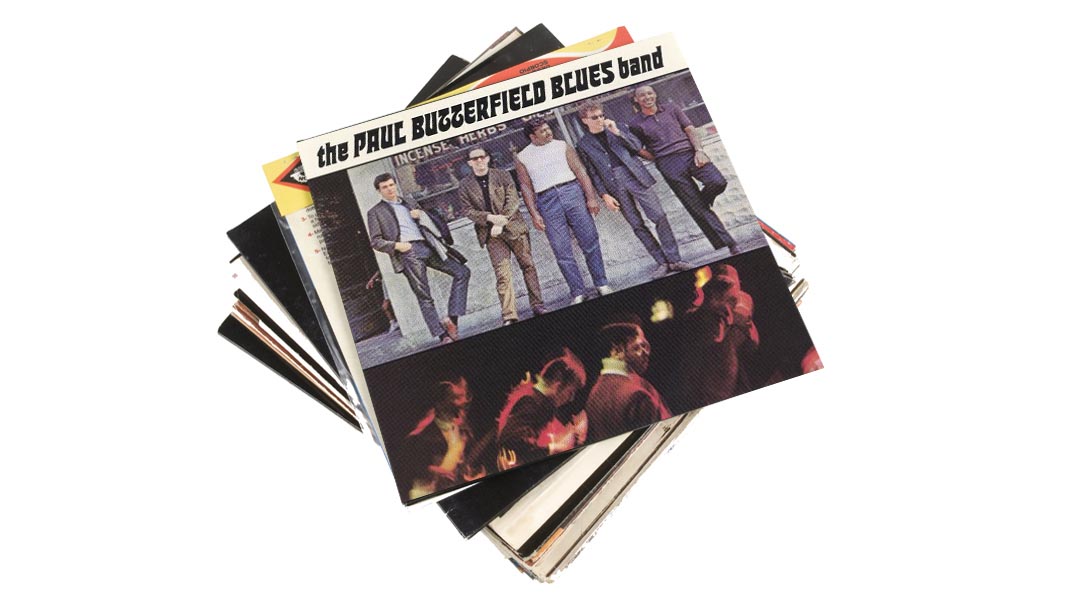
1. The Paul Butterfield Blues Band - The Paul Butterfield Blues Band (1965)
“This was the first time I heard the blues played with rock 'n' roll energy, aggression and fire. It was blues taken to a different level - it also had Michael Bloomfield on guitar and he was my main influence, and the reason I played the guitar.
“When I first heard this album, I literally had to sit down otherwise I would have fallen over - it's a potent piece of work and it still is. The energy is off the hook. It was 1965 and on the back of the album in big letters it said, 'play this album loud'.
“It's a rock and blues album like I had never heard in my life. I heard a lot of blues growing up - my dad had John Lee Hooker, T-Bone Walker and BB King records, but this was blues with rock 'n' roll at the base of it and it was mind-blowing. Put on Born in Chicago, that's all you gotta hear - after that, sit down and have a cigarette.”
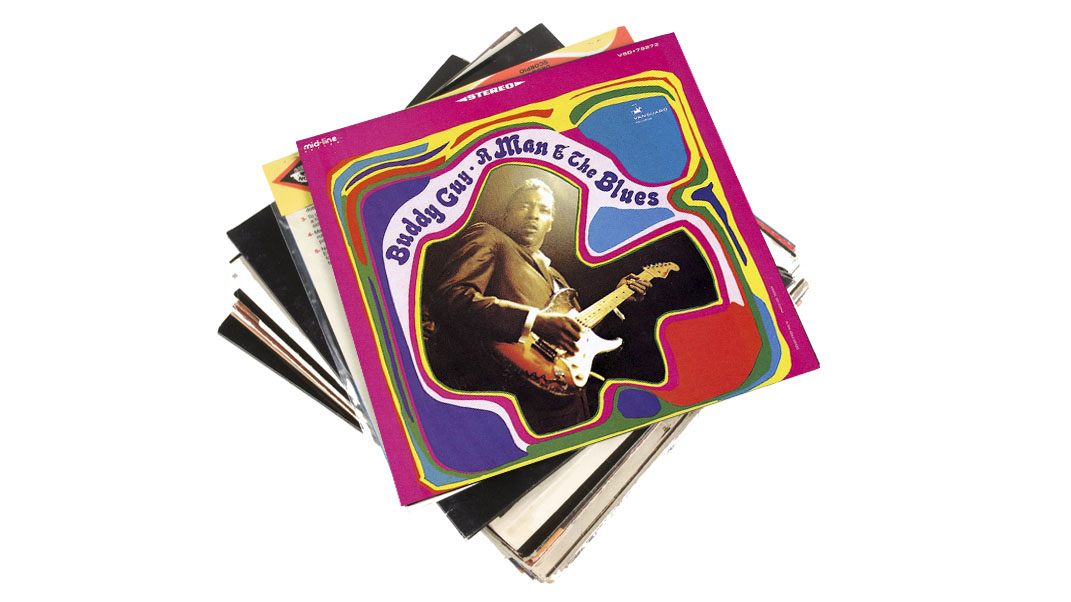
2. Buddy Guy - A Man And The Blues (1968)
“I consider this one of the greatest blues albums of all time, and what's mind-blowing about it is the band is rocking it heavily, but they're doing it quietly. It's very hard to explain unless you hear it; the band plays quiet and softly but there's still all this energy and passion in it.
“It's really quite a piece of work - all you gotta hear is the title track A Man And The Blues - the interplay between Buddy on the guitar and Otis Spann on the piano, the greatest blues pianist of all time, is on there. And they go back and forth and have musical conversations, and it's incredible.
“Buddy was the first bluesman I ever saw live; I was 16 and it was when that album had just come out, and I went to see him with that band. I saw him in a room that only had about 20 people and he played for four hours and was mind-blowing.”
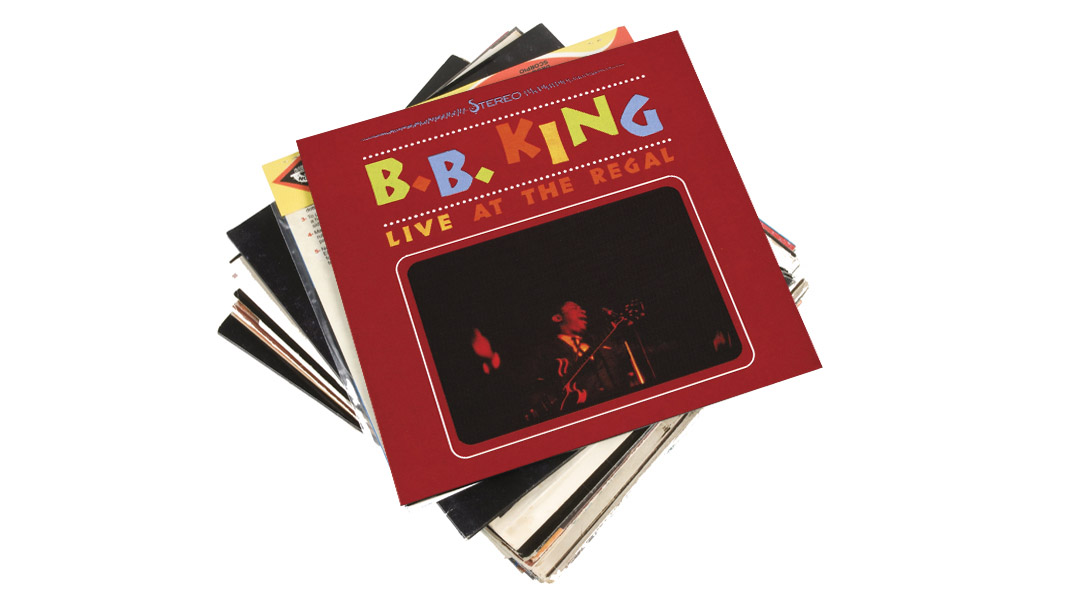
3. BB King - Live At The Regal (1965)
“This catches the greatest bluesman of all time at his peak, live in front of a loving, energetic, vocal crowd who hang onto every note he plays and every word he sings. It's really the ultimate live blues album of all time - it's never been beaten and never will.
“He does a medley of slow blues on there, where he goes one to the other, and the interplay with the audience is incredible. He plays the audience the same way he plays the guitar; he's got them in the palm of his hand.”
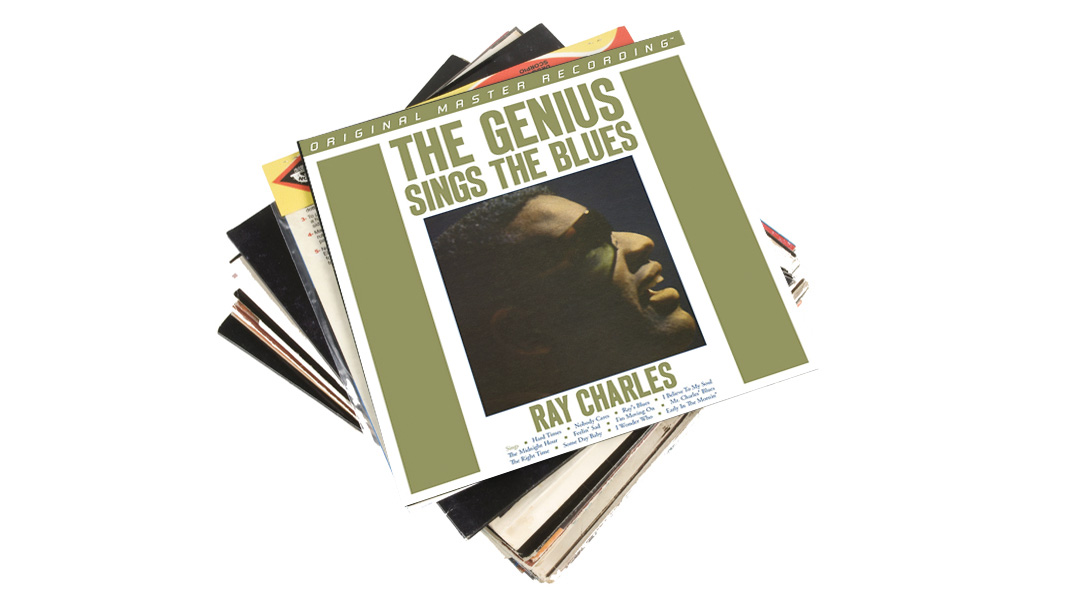
4. Ray Charles - The Genius Sings The Blues (1961)
“This is one of the albums my parents had, and it's an amazing album - it's his Atlantic years before he had all his hits, and it's so emotional and beautiful.
“One of my best memories of that was the song Hard Times: I heard it playing when I was five years old, and I walked into a room and my mother was crying at the song. That was one of the first times I really saw into her soul. That's always a beautiful memory for me.”
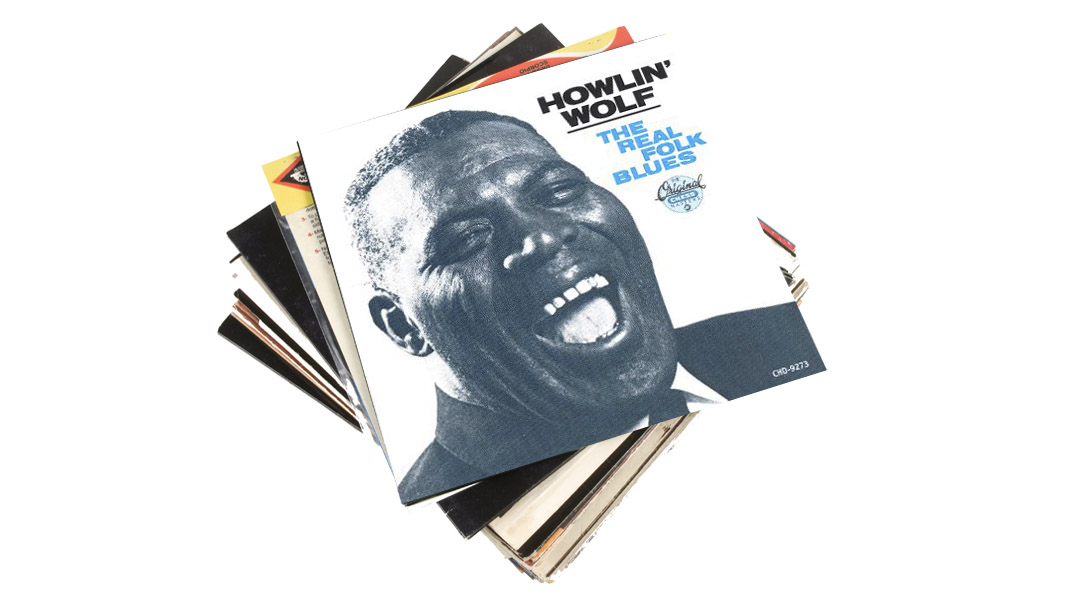
7. Howlin' Wolf - The Real Folk Blues (1966)
“This is all Howlin' Wolf's early stuff, some of which he did at Sun and some of which he did at Chess, and it's also all the original tunes he built his career on.
“Both of those two albums I know exactly where I found them. When I went to high school in downtown Philadelphia, I used to skip school and go to the Philly Library because they had a huge record collection and you could get a turntable and headphones, and you could listen to records there.
“They had a huge blues collection and that's where I found both the Muddy Waters and Howlin' Wolf Real Folk Blues albums. They had thousands and thousands of records there, so me and my buddies used to go there a lot to listen to them.”
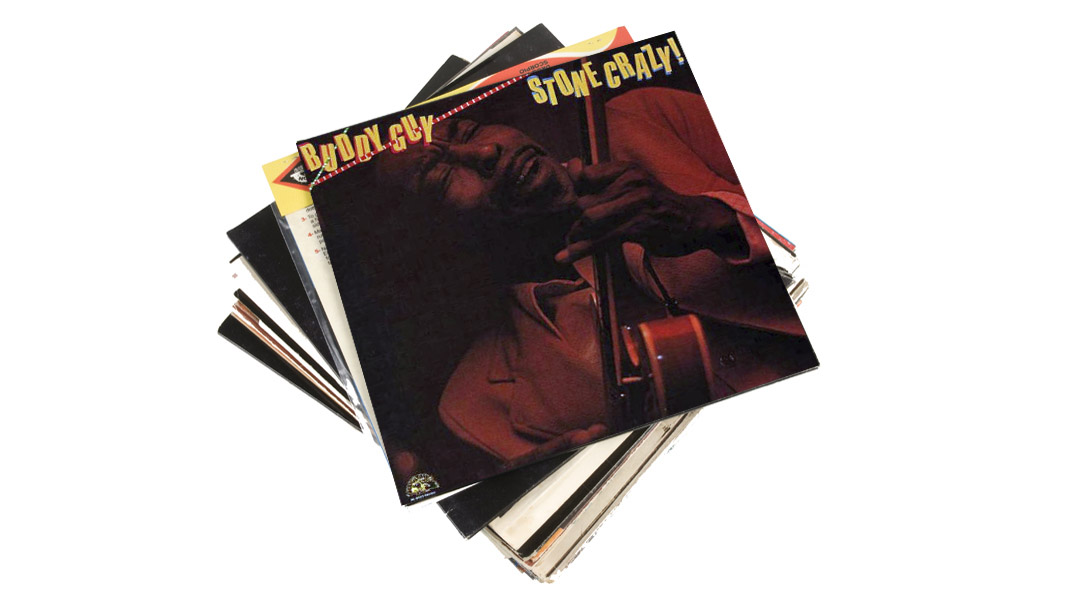
8. Buddy Guy - Stone Crazy (1979)
“I know I've already had A Man and The Blues, but the difference between these two albums is that A Man And The Blues is very beautiful and restrained and quiet; Stone Crazy is Buddy Guy basically almost playing like he's insane through the whole thing!
“He's playing with lots of sustain, he's playing very loud, he's yelling and screaming whilst he's playing and completely unchained on there, and as far as hearing Buddy Guy playing guitar, I think it's the best album he ever did.
“It's not for the faint of heart - it's almost frightening in its intensity. I stole a song off there called She's Out There Somewhere and I did it on my first record.”
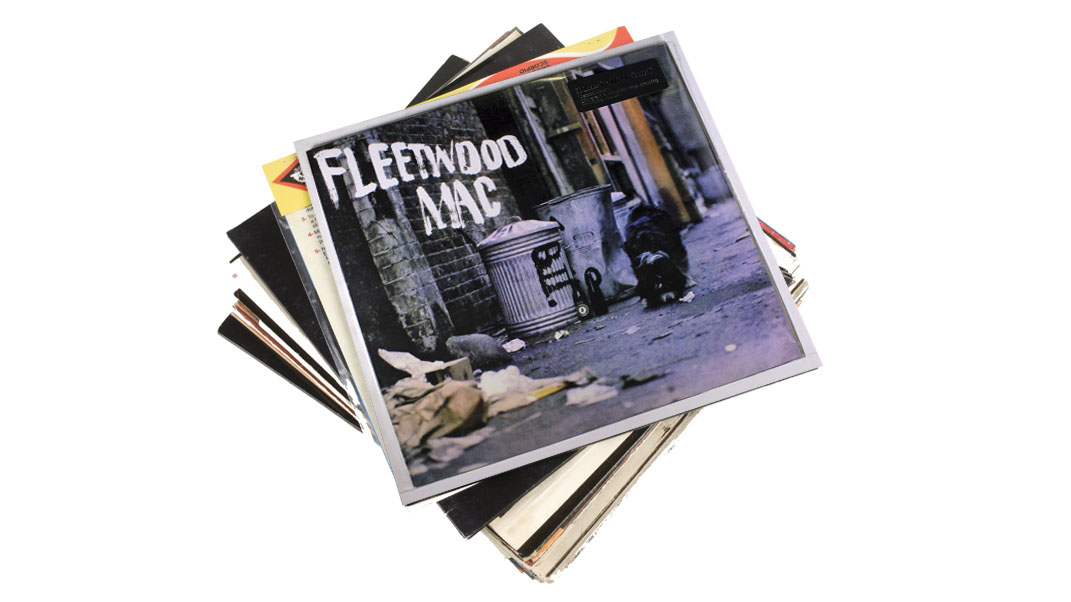
9. Peter Green's Fleetwood Mac - Fleetwood Mac (1968)
“I just think it's the greatest British blues album of all time: the whole band, Peter Green's playing, the way it was recorded by Mike Vernon.
“I know Mike, and it's recorded to sound like an old blues album; it sounds like a bunch of guys live playing in one room with one microphone up there. It's raw, it's nasty, there's no bullshit on there, and it's incredible.
When I look at all the British bluesers, I think Peter Green was probably the greatest of them
“I remember hearing it as a teenager, and it was hard for me to believe it was a bunch of British guys. I thought it was a bunch of old black guys from Chicago - that's how true to the blues that record is; it's quite astounding.
“In hindsight, when I look at all the British bluesers, I think Peter Green was probably the greatest of them - and that's not to detract from John Mayall's achievements and his accomplishments; I'm speaking mainly of guitar players here.”
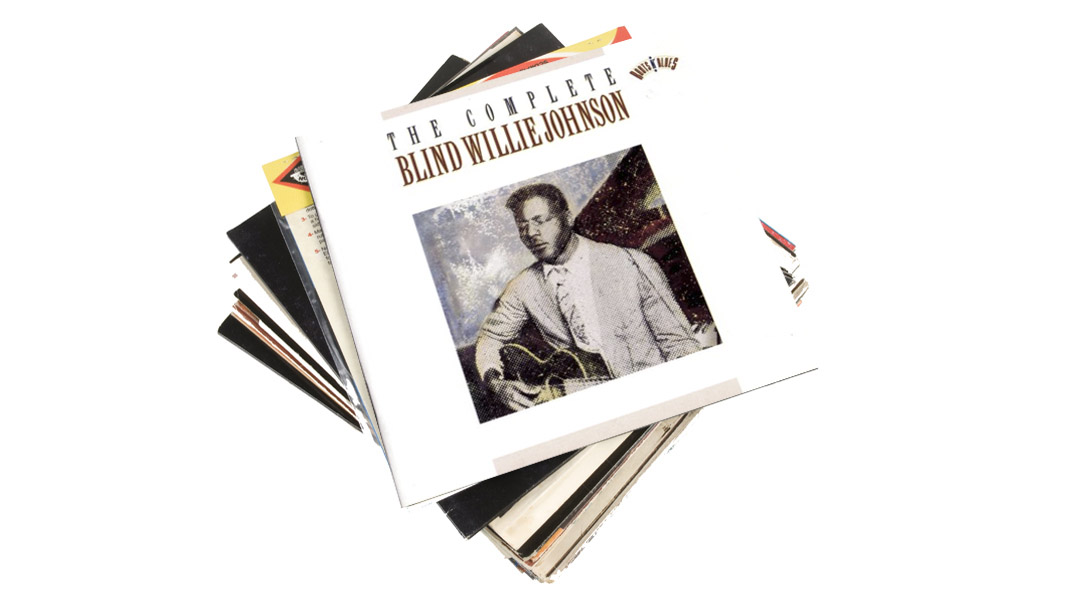
10. The Complete Blind Willie Johnson (1993)
“Blind Willie Johnson to me is the all-time greatest of the old country bluesmen - he's the most emotional, the deepest, the most spiritual in his playing.
“Everybody always freaks out about Robert Johnson, and not to take away from Robert Johnson, but Blind Willie Johnson, to me, is in a class by himself; the emotional impact of what he's doing is astounding.”
Mike has been Editor-in-Chief of GuitarWorld.com since 2019, and an offset fiend and recovering pedal addict for far longer. He has a master's degree in journalism from Cardiff University, and 15 years' experience writing and editing for guitar publications including MusicRadar, Total Guitar and Guitarist, as well as 20 years of recording and live experience in original and function bands. During his career, he has interviewed the likes of John Frusciante, Chris Cornell, Tom Morello, Matt Bellamy, Kirk Hammett, Jerry Cantrell, Joe Satriani, Tom DeLonge, Radiohead's Ed O'Brien, Polyphia, Tosin Abasi, Yvette Young and many more. His writing also appears in the The Cambridge Companion to the Electric Guitar. In his free time, you'll find him making progressive instrumental rock as Maebe.
